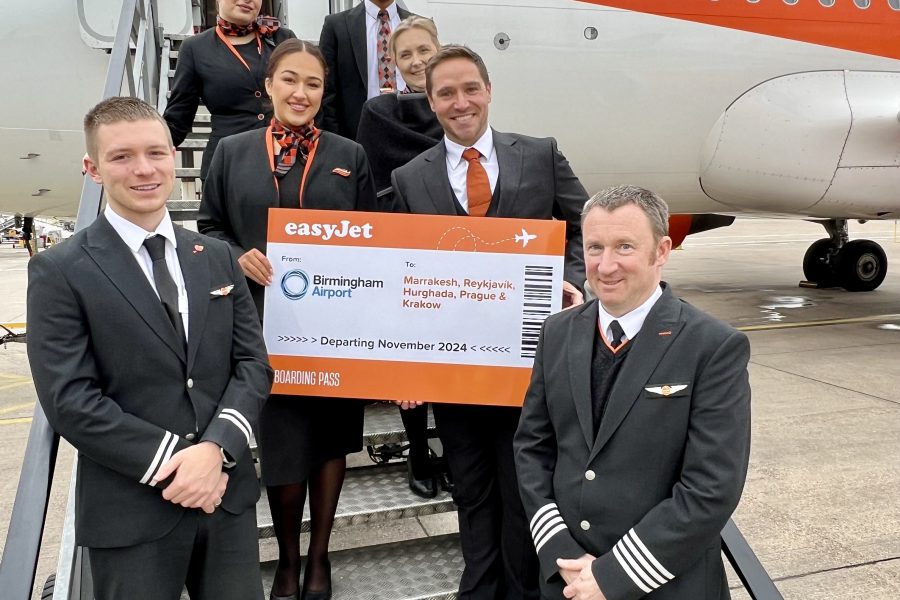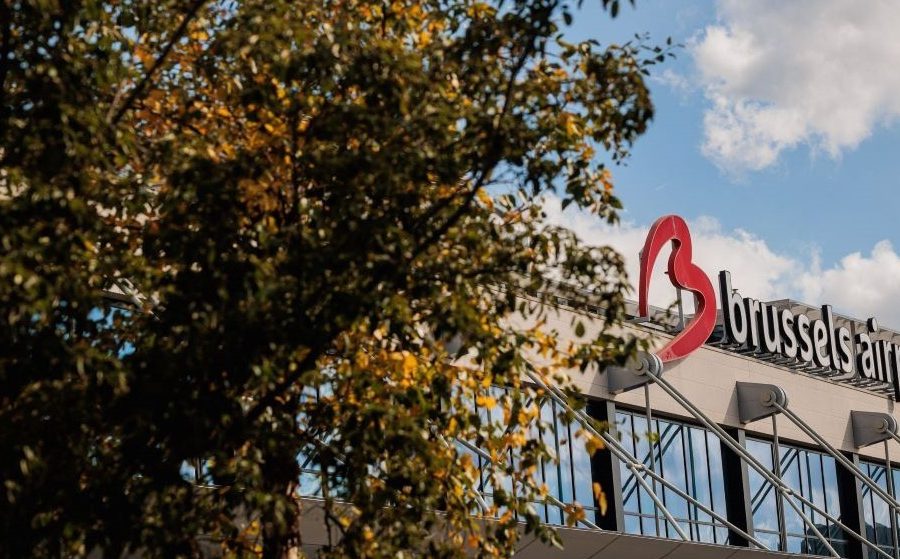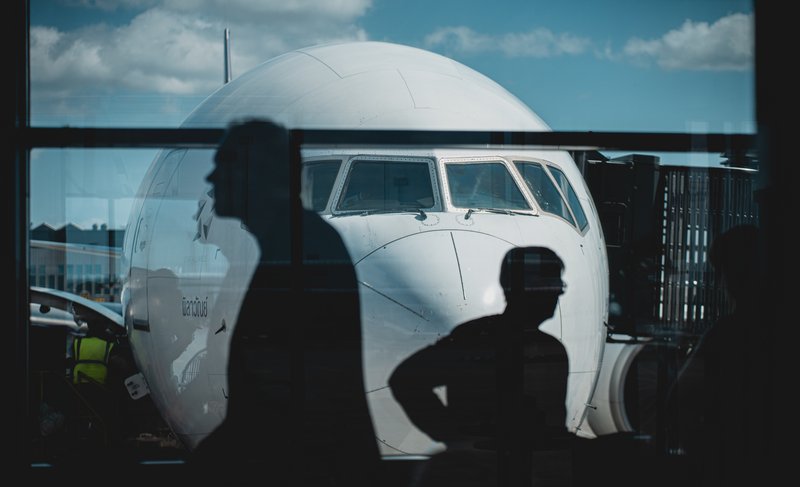easyJet has celebrated a ‘high five’ this week with the launch its first flights and package holidays from Birmingham Airport to Marrakesh, Reykjavik, Hurghada, Prague and Krakow.
The fantastic five now provide even more convenient connections at great value fares for travellers across the Midlands.
Flights took off from Birmingham to Marrakesh on 6 November and are now operating twice a week on Wednesdays and Sundays throughout winter. This was followed by a new service to Reykjavik in Iceland which launched yesterday on 12 November operates on Tuesdays and Saturdays throughout winter.
Today, easyJet flights took off to Hurghada, easyJet’s second Egyptian destination from Birmingham, and flew for the first time this afternoon to Prague, both operate on Wednesdays throughout winter with the addition of a second weekly flight on Sundays for the Prague route.
And on Friday this week, easyJet will launch its new service to historic Krakow in Poland which will operate up to seven days a week, year-round.
Great value seats are now available to book from just £14.99* on easyJet.com and via the mobile app.
The introduction of these five new routes shows the continuing strong demand from easyJet customers in the Midlands, offering even greater choice and more convenient connections to popular destinations.
Since easyJet opened its new base at Birmingham Airport in March 2024, the airline has launched 22 new routes meaning 33 routes are now available from Birmingham International to top destinations across Europe.
Thousands more package holidays are available with easyJet holidays including city breaks with all packages including flights, hotel, 23kg luggage and transfers on beach holidays, all covered by its Ultimate Flexibility, offering freedom to change a booking, a refund guarantee, and best price guarantee.
Package holiday provider easyJet holidays also has a vast range of city escapes available, with packages available right up until 31 March 2026.
All easyJet holidays packages include flights, hotel, 23kg luggage on beach breaks all covered by its Ultimate Flexibility, offering freedom to change a booking, a refund guarantee, and best price guarantee.
Ali Gayward, easyJet’s UK Country Manager, said:
“It’s fantastic to launch another five new services from Birmingham Airport, providing our customers across the Midlands with even more choice for a winter sun holiday or city break.
“Now they can choose from flights to Marrakesh, Reykjavik, Hurghada, Prague and Krakow, as well as a wide range of easyJet holidays’ resorts, and we look forward to welcoming them onboard.”
Andrew Pelham, Aviation Development Manager, Birmingham Airport said:
“We’re delighted to be joining forces with easyJet to provide five new routes from its new Birmingham base, further strengthening our partnership.”
“Whether customers are seeking a winter sun escape or a city break, these new destinations offer something for every type of traveller.”
Great value seats are available to book from £31.99 return on easyJet.com and via the mobile app.
- Birmingham to Marrakesh from £31.99 return
- Birmingham to Reykjavik from £50.29 return
- Birmingham to Hurghada from £180.99 return
- Birmingham to Prague from £41.99 return
- easyJet holidays offers seven nights at the 4* Valeria Madina Club Resort in Marrakesh on an All Inclusive basis for £370 per person including 23kg of luggage per person, transfers and flights from Birmingham Airport on 29 January 2025
- easyJet holidays offers three nights at the 3* Fosshotel Reykholt in Iceland on a Room Only basis for £266 per person including flights from Birmingham Airport on 1 February 2025
- easyJet holidays offers seven nights at the 5* Serenity Alma Resort in Egypt on an All Inclusive Plus basis for £509 per person including 23kg of luggage per person, transfers and flights from Birmingham Airport on 4 December 2024
- easyJet holidays offers three nights at the 4* Chevron Design Hotel Prague in Prague on a Room Only basis for £169 per person including flights from Birmingham Airport on 12 January 2025
- easyJet holidays offers three nights at the 3* Q Hotel Krakow in Krakow on a Room Only basis for £219 per person including flights from Birmingham Airport on 31 January 2025


